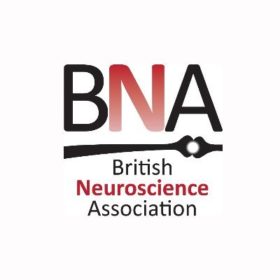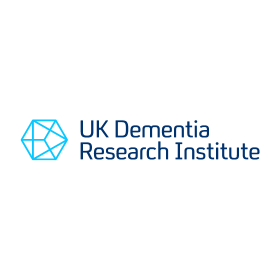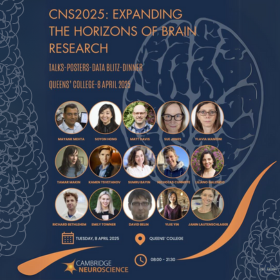All the events here are relevant to people working in dementia research. If you would like to add your own you can submit an event

BNA Festive Symposium – The Resilient Brain
December 10 @ 10:00 am - 6:00 pm

Our Festive Symposia launch the BNA’s forthcoming annual themes: for 2025, the theme will be the ‘Resilient Brain’.
The BNA Festive Symposium is one of the most popular events in the neuroscience calendar, with a reputation for lively and inclusive programmes bringing neuroscientists together to network, have fun and explore a central theme through a series of short talks that are accessible for everyone, regardless of experience and expertise.
Throughout this lively and inclusive (and festive!) meeting, we will examine the theme from multiple viewpoints. The 2024 Festive Symposium will bring together neuroscientists in academia, the clinic and the commercial sector to share their latest research and explore the topic from multiple viewpoints including traumatic brain injury, resilience to ageing and disease, and mental health and protective lifestyle factors.
- Speakers
- Venue
- Catering and refreshments
- Sponsorship Opportunities
- Prize winners
- Environmental sustainability
- Safer Spaces Policy for BNA events
- Meeting fees
- Registration
Speakers
- Dr Henne Holstege, Alzheimer Centre Amsterdam, Amsterdam UMC: Resilience in the brain.
- Dr Tom Manly, University of Cambridge: neurorehabilitation following TBI and stroke.
- Dr Susannah Walker, Liverpool John Moores University: Resilience to stree.
- Dr Samit Chakrabarty, University of Leeds: Rehabilitation after traumatic brain injury.
- Dr Liat Levita, University of Sussex: Resilient mental health in adolesants.
- Dr Dan Ridley, Lilly: The Brain Health Coalition
- Dr Michelle Kelly, National College of Ireland: Preventative lifestyle factors
Programme content includes:
- Preventative lifestyle factors
- Rehabilitation after traumatic brain injury
- International public opinion on brain health
- Resilient mental health in adolescents
- Brain repair
- Resilience in the ageing brain



